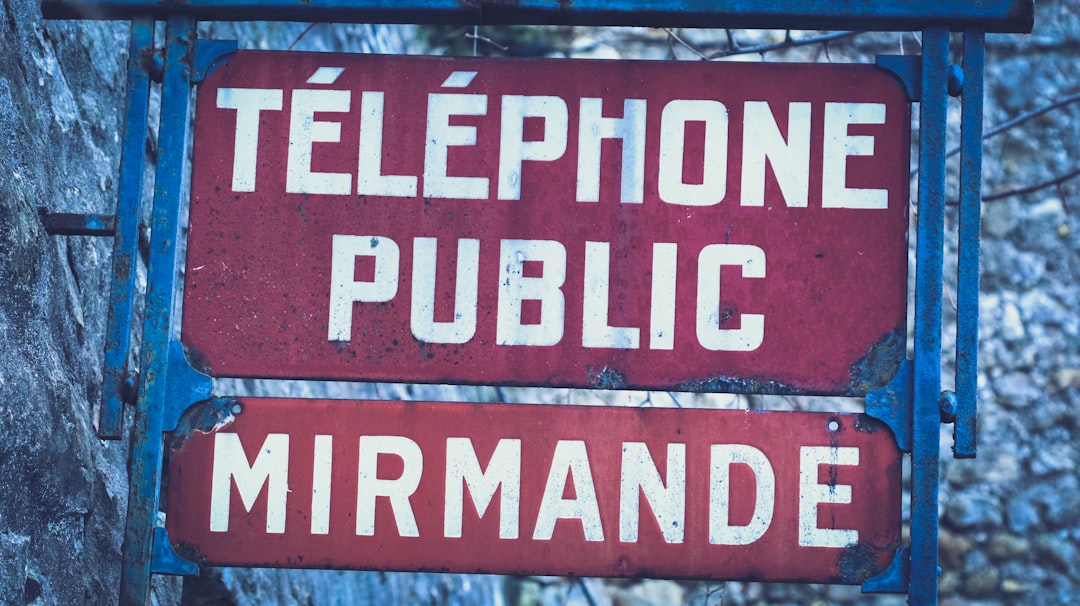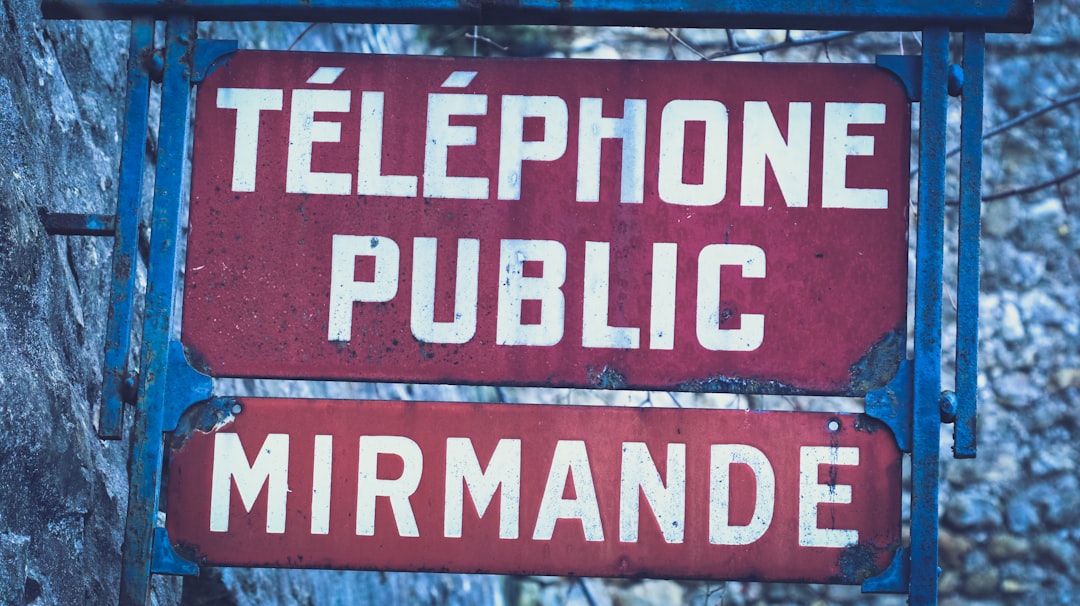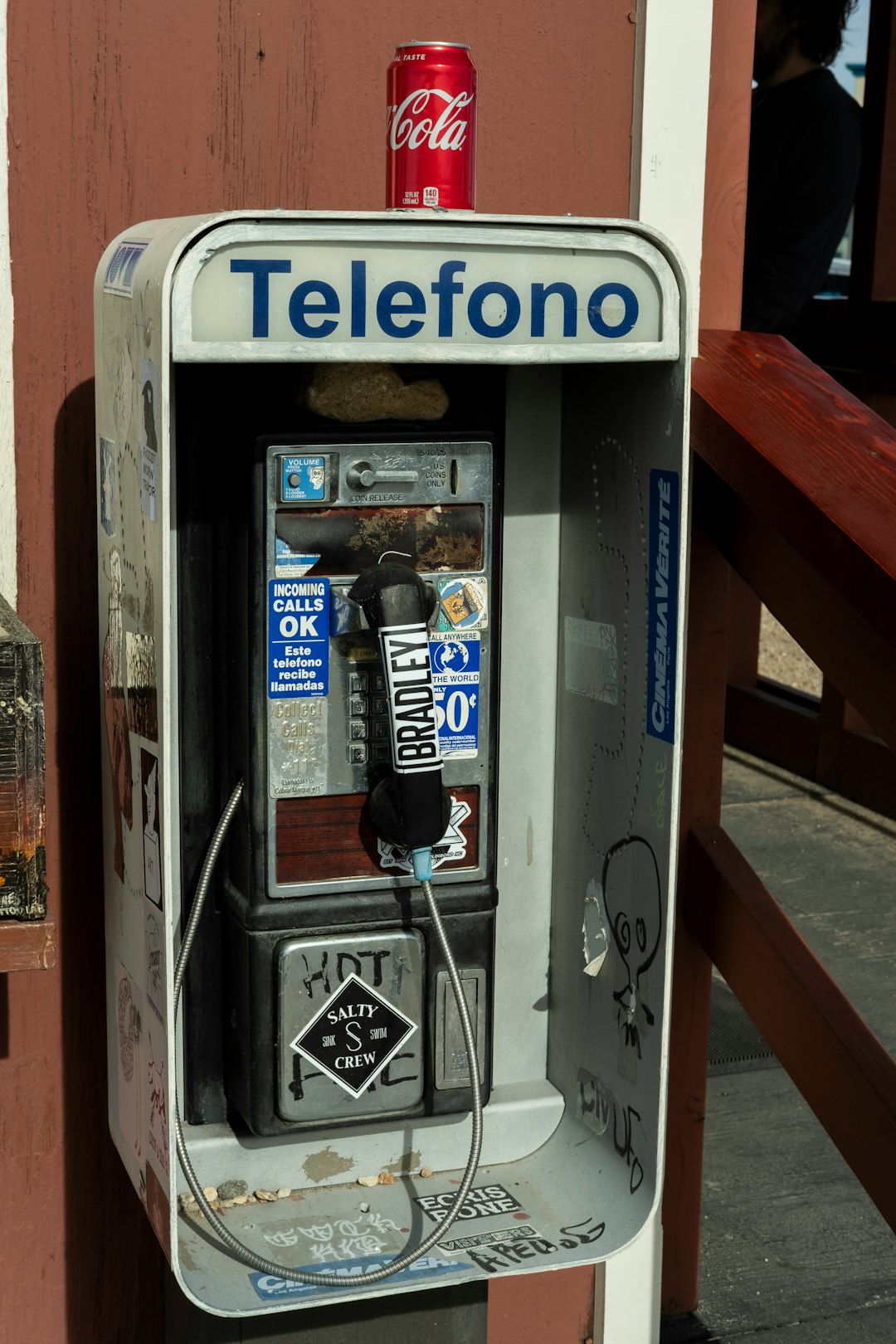Maine's strong Do Not Call laws protect residents from robocalls and spam texts. Consulting a robocall lawyer or spam call law firm specializing in Maine's robocall laws can offer guidance on blocking calls, suing for damages, and advocating for stricter regulations to regain control of phone lines. Key terms: robocall Lawyer Maine, robocall Attorney Maine, Spam Call law firm Maine, robocall Laws Maine.
In Maine, identifying and combating robocalls and spam texts has become a pressing issue. With the ever-evolving landscape of telecommunications, these unsolicited calls and messages not only disrupt daily life but also raise significant legal concerns. Understanding Maine’s stringent Do Not Call laws is crucial, as they offer individuals powerful tools to protect themselves from unwanted communications. This article explores effective strategies for spotting robocalls and spam texts, while also highlighting the legal recourse available through top-rated robocall lawyers and law firms in Maine.
Understanding Maine's Do Not Call Laws

In Maine, the fight against robocalls and spam texts is bolstered by robust Do Not Call laws designed to protect residents from intrusive and unwanted communications. These laws are in place to give Mainers control over their phone lines and help reduce the deluge of nuisance calls and messages. Both state and federal regulations apply, offering dual layers of protection.
For those facing a relentless barrage of robocalls or spam texts, seeking legal counsel from a reputable robocall lawyer Maine or spam call law firm Maine is advisable. Skilled attorneys specializing in these areas can navigate the complexities of the robocall laws Maine and help individuals understand their rights. Whether it’s blocking calls, suing for damages, or advocating for stricter regulations, legal action can put a stop to these annoying and often illegal practices, ensuring peace of mind for all Mainers.
Spotting Robocalls and Spam Texts

In Maine, identifying and differentiating between legitimate communications and robocalls or spam texts is an important aspect of consumer protection. Robocall lawyers and attorneys in Maine are well-versed in the state’s do-not-call laws, which provide individuals with the right to stop unsolicited calls and messages. Spotting a robocall or spam text often involves recognizing certain patterns and red flags. Automated dialing systems typically use pre-recorded or synthesized voices, and may deliver generic, personalized, or even urgent messages to promote products, services, or even fraudulent schemes.
Maine residents can take proactive measures to protect themselves by familiarizing themselves with these tactics. One way is to verify the identity of unknown callers through official look-up tools or by contacting the designated do-not-call registries. Additionally, being cautious of unexpected calls or texts requesting personal information, and promptly blocking or reporting such numbers, can significantly reduce the likelihood of becoming a victim of robocalls or spamming activities. Engaging the services of a robocall lawyer or a law firm specializing in do-not-call laws in Maine is another effective step to seek legal recourse for unwanted communications.
Legal Recourse for Unwanted Communication

In Maine, as in many other states, there are robust laws in place to protect individuals from unwanted robocalls and spam texts. The Telephone Consumer Protection Act (TCPA) is a federal law that restricts automatic telephone dialing systems and prerecorded messages, commonly known as robocalls, from contacting consumers without their prior consent. Maine has also enacted its own Do Not Call Laws, further reinforcing consumer rights against intrusive communication.
If you’ve been a victim of persistent robocalls or spam texts, you have legal recourse. A robocall lawyer or attorney in Maine can help navigate the complexities of these laws and guide you through the process of seeking compensation for your troubles. Do not call law firms specializing in telecommunications law can provide expert advice on how to handle such incidents, whether it involves filing a complaint with regulatory bodies, taking legal action against the culprits, or blocking future communications.






